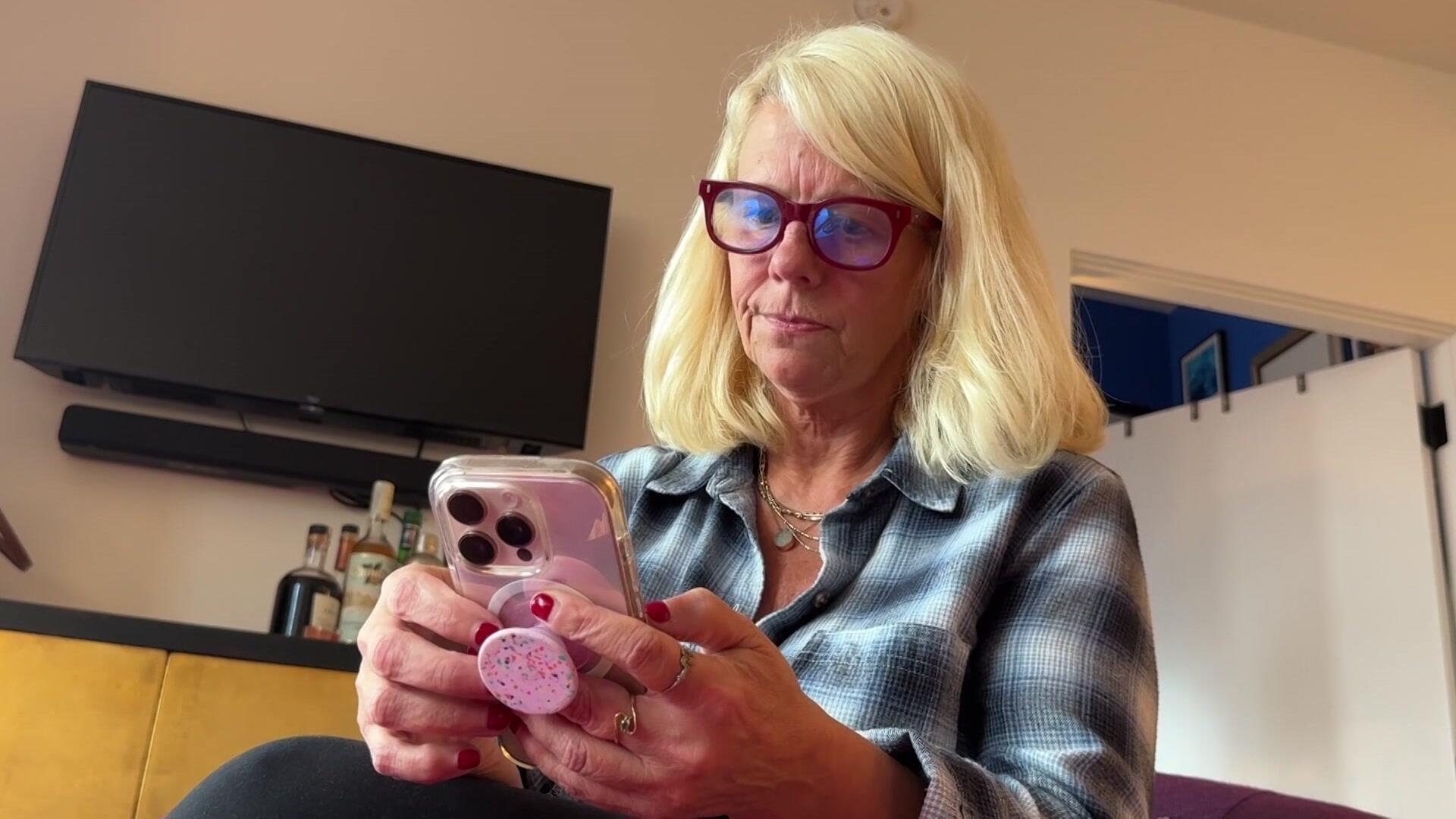Brooklyn mother says she lost over $10,000 to fraudster posing as bank representative
A Brooklyn mother says she was swindled out of more than $10,000 by a fraudster who posed as a representative with her bank.
"It was my entire checking account. It's six months of living."
Paulette Goto, 53, is juggling two jobs and says she takes a required monthly test at work that's supposed to help prevent her from falling victim to fraud.
"I really thought I knew better," she said.
But a phone call she received on Sept. 17 tested her skills.
"[The caller ID] came up as Chase," Goto said. "I was told that it was the Chase Fraud Prevention Team, and somebody was trying to Zelle money out of my checking account."
She said the caller gave her a supervisor contact, an ID number for a police report and rattled off recent transactions.
"Because of all of the information they had, I did it," she said.
Goto said she followed the caller's guidance and transferred nearly $2,000 through her Venmo account, then went to her bank and transferred nearly $10,000 into an account the caller claimed was safe from hackers.
"It was my entire checking account," she said. "It's six months of living."
She said the bank manager tried to reverse the transaction, but it was too late.
Goto said she'll be working long days to make up for her losses.
"It's really embarrassing to come out, to admit that you got scammed like this, but I'd rather be embarrassed so that it doesn't happen to other people," she said.
Personal information more accessible for bad actors, experts say
Her case is not rare. According to the 2024 Internet Crime Report released earlier this year by the FBI, Americans were frauded out of more than $16 billion – a 33% increase in losses compared to 2023.
Experts say given the number of data breaches, con artists have more access to personal information.
"They might know things like your policy number, where you live, your Social Security number," said Justin Cappos, a New York University computer science and engineering professor.
With more advanced technology, including AI tools, experts say bad actors can conceal phone numbers and accents, and avoid grammar errors that could raise red flags for targets.
"We're just seeing such a tremendous rise in bad actors making a lot of money from this stuff, so there's just a huge reinvestment back into the infrastructure," said Kevin Gosschalk, the founder and CEO of the global cybersecurity company Arkose Labs.
Experts say always check your accounts on verified websites, and use the phone numbers provided on the back of your debit and credit cards to contact your bank and credit card companies.
